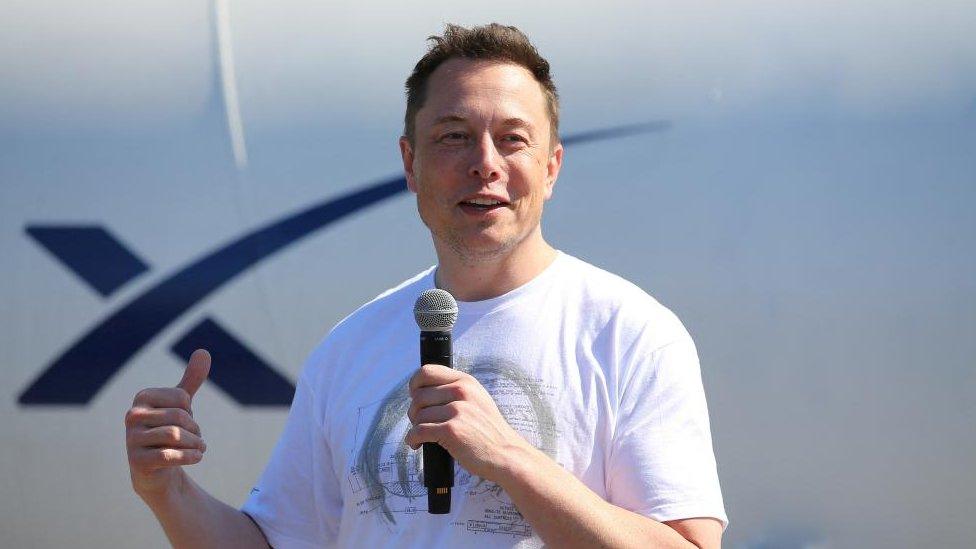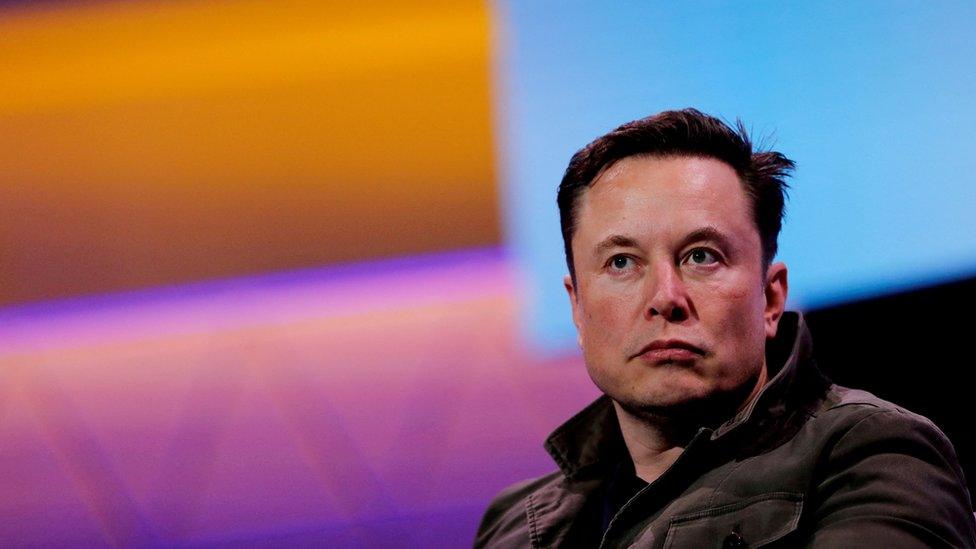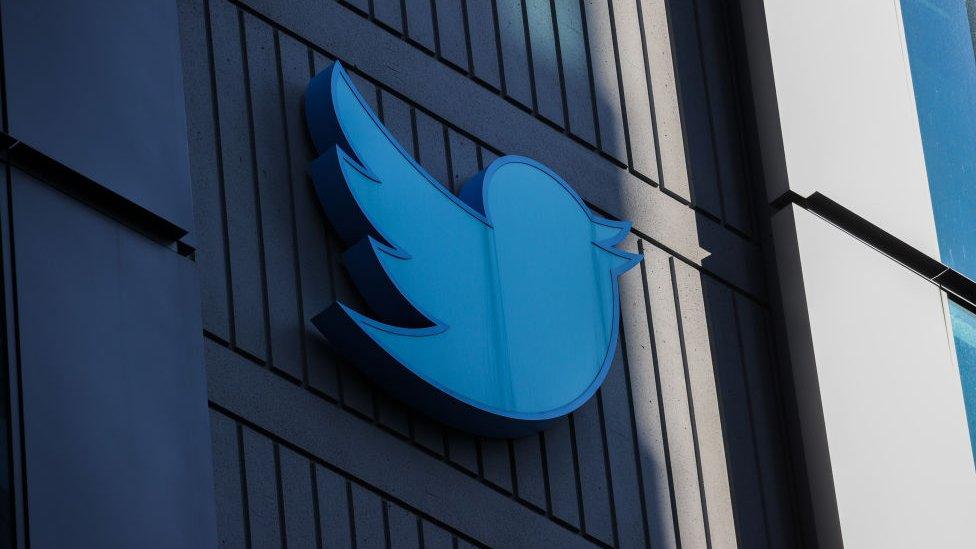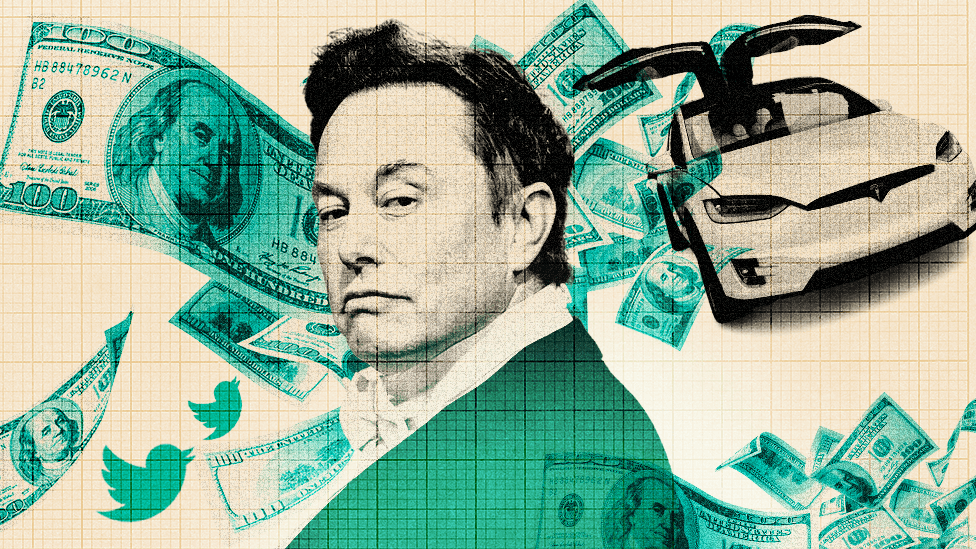Elon Musk's Neuralink firm facing animal testing investigation - report
- Published

The company is working to develop a brain implant which it says could potentially help paralysed people walk again
Elon Musk's medical device company is reportedly being investigated for alleged animal welfare violations.
The investigation into Neuralink Corp - which is developing a brain implant - was opened in the US following complaints from staff, Reuters reports.
Staff have complained that animal testing is being rushed and is causing needless suffering and deaths, according to the news agency.
The BBC has contacted Neuralink and the US government for comment.
Reuters, citing sources familiar with the investigation and internal company documents, external, reports that the company has killed about 1,500 animals since 2018 including pigs, sheep and monkeys.
The number is not necessarily indicative of malpractice or wrongdoing, as medical companies of various kinds routinely use animals in experiments.
But dozens of documents seen by the news agency suggest growing concern within the company about the animal tests. Some failed tests reportedly had to be repeated, increasing the number of animals that died in the process.
Some employees' reportedly tied the failed tests to pressure from Mr Musk to accelerate research as the company works to develop its brain implant, which it has said could potentially help paralysed people walk again and address other neurological diseases.
The San Francisco company - which was launched in 2016 - has already missed several of Mr Musk's deadlines to win regulatory approval and begin human clinical trials, several sources told Reuters.
Mr Musk has not commented on the report.
The 51-year-old, who is the world's richest person, wrote on Twitter last week that he was "confident the Neuralink device is ready for humans, so timing is a function of working through the approval process".
The report adds to growing public scrutiny of Mr Musk, who completed his $44bn (£36.16bn) takeover of Twitter last month.
He has fired thousands of staff, reinstated formerly banned users and stopped enforcing other policies, including rules aimed at stemming the flow of misleading Covid-19 information.
Related topics
- Published1 December 2022

- Published1 December 2022

- Published30 November 2022

- Published12 April 2023
